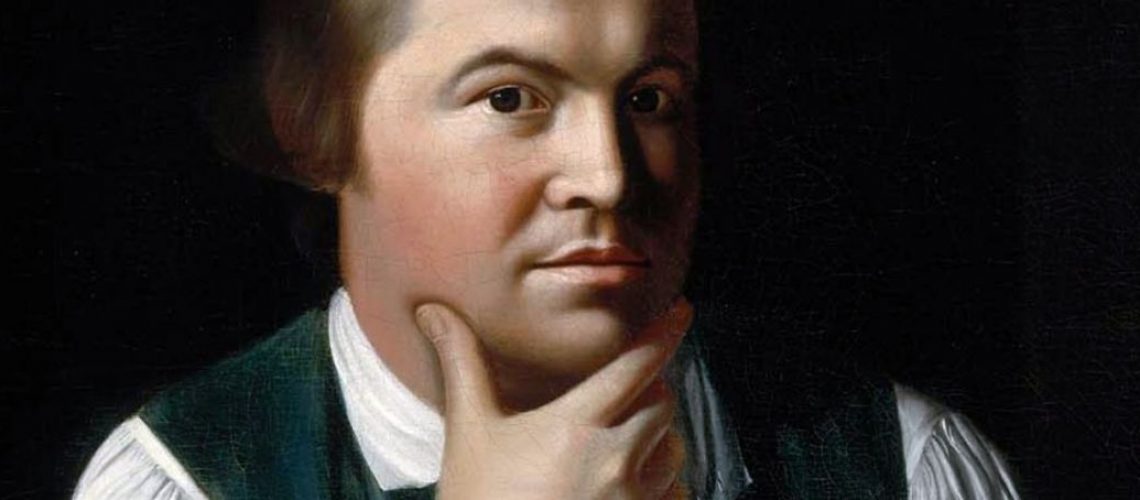Here’s why you need to know your dental specialists
American patriot Paul Revere is best known for his midnight ride, immortalized in the poem by Longfellow. He’s less remembered for his trade as a silversmith or for his foray into the world of revolution-era dentistry. After studying with a dental surgeon, Revere even placed a dental prosthetic piece for Joseph Warren, the man who sent him on his midnight ride, and later used that prosthetic to identify Warren’s fallen body at the Battle of Bunker Hill.Paul Revere’s diversified dental profession was not a historical anomaly. In medieval Europe there was a common profession known as the barber surgeon, and it was exactly what it sounds like. The person cutting your hair was considered eligible to perform surgery, amputations, leeching, and dental work. In fact, the iconic red-and-white barber’s pole you see outside barber shops today was originally designed to represent a bloody white rag from surgery or bloodletting.Nowadays you probably wouldn’t (and shouldn’t) trust your hairdresser to place a dental implant. You might, however, trust a general dentist to do it. While a dentist is much more qualified to perform your dental surgery than a barber or silversmith, it’s possible that a different dental specialist will have the skills and training to better fix your specialized dental problems. Modern dentistry has evolved into very specialized fields, and when you’re seeking the best dental care it is important to know the difference.Here’s an overview of all the dental specialists you might need to visit someday:General Dentist
Your general dentist meets most of the dental needs in your lifetime. Every six months you should be visiting your general dentist for regular teeth cleanings. The general dentist will also provide home maintenance tips, identify potential health issues, recommend appropriate specialists, and perform restorations. A general dentist will be a DMD (Doctor of Dental Medicine) or a DDS (Doctor of Dental Surgery), and he or she might have some additional certifications.
Pediatric Dentist
Pediatric dentists focus on the oral health of children and infants. They complete dental school just like a general dentist but also complete child-specific dental training. A parent should bring a baby to the pediatric dentist when it is six months old, even before teeth have grown in. As the child grows up, the pediatric dentist will help maintain their oral health, counsel the family in dealing with thumb-sucking or other oral habits, and identifying orthodontic problems early.Orthodontist
An orthodontist specializes in straightening crooked teeth and correcting misaligned jaws. Orthodontic treatments commonly involve braces or invisible aligners. Since more than four million Americans wear braces, odds are good that you’ve already had to see an orthodontist, and a quarter of the people who wear braces today are adults. In summary, an orthodontist is a dental doctor with additional training in orthodontics.


